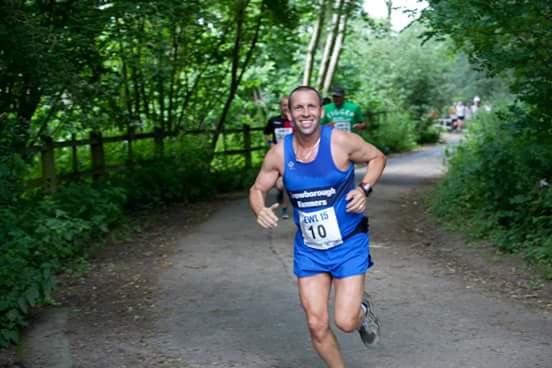For this month’s Q&A, we are joined by Mr Andrew Armitage, a Consultant Orthopaedic Surgeon who has a sub-speciality in knee replacement surgery and soft tissue knee surgery.
In this video, he discusses when knee replacement surgery might be necessary and outlines both the benefits and risks of the procedure. He also highlights when surgery may be required for ACL injuries as well as meniscus tears.
Q1. When should I consider having a knee replacement?
A. The decision on whether and when to have a knee replacement is all based on the quality of your life and how it's being affected by your arthritis, and balancing this against the risks and benefits of surgery. In view of the fact that a knee replacement is major surgery, one has to weigh up the risks of the surgery versus the benefits of the surgery. If I start with the positives, the benefits of a knee replacement are that following surgery, 85 to 90% of people are very happy because we've improved the quality of their life from a pain and functional point of view. That said, this is 85 to 90% of patients being happy, not 100%.
In view of this, we do need to discuss the risks of surgery, these risks include a very small risk of death, I mentioned it first, but it is very small. Slightly more common risks are the risk of infection, blood clots, wounds not healing, fractures at the time of surgery, stiffness, developing a pain type syndrome, and pain and discomfort following the surgery, these are all small, but they do occur.
Q2. When should I consider having my ACL (anterior cruciate ligament) reconstrcuted?
A. Generally following the initial injury, most patients will have a period of rehabilitation whereby they undergo a physiotherapy regime to try and improve the stability of their knee and function of the knee. That said, a significant number of younger patients, particularly if they're sporty and are involved with twisting and turning activities, will continue to have symptomatic instability of their knee despite therapy. When talking about symptomatic instability, what I am talking about is a knee that collapses and gives way with twisting or turning or activities on uneven ground. Normally, if you've ruptured your anterior cruciate ligament, you can do the majority of things in a straight line, but it's when you twist and turn, it becomes unstable, and then you can do secondary damage to your knee, which is why in the majority of younger patients who do have symptomatic instability, we will end up reconstructing their crucial ligament.
Q3. When should I consider knee arthroscopy for a torn meniscus?
A. The important thing to start with is that not all meniscal tears require surgery. The majority of middle-aged degenerative meniscal tears should be treated conservatively for the first three months with physiotherapy, rest, analgesia, because a significant proportion of these will settle symptomatically with time. If after conservative measures of around three months, you continue to have significant, appropriate symptoms matching the site of the meniscal tear, then one would consider meniscal surgery or an arthroscopy.
There is a separate group of patients who have a meniscal tear that results in a small piece of tissue flipping inside the knee and causing instability or locking, and in this situation, one would consider more urgent arthroscopic surgery.
Book a consultation with The Horder Centre
If you are experiencing significant knee pain and want to discover the treatment options available to you, book a consultation with The Horder Centre. Our team is on hand to support you through the treatment process, from your initial consultation to any aftercare you may need.
We provide outstanding patient experiences
The Horder Centre is an award-winning Centre of Excellence that offers patients a unique therapeutic environment. Specifically designed for orthopaedic surgery, our facilities include a physiotherapy inpatient gym and courtyard gardens designed by clinical experts to enhance recovery. Finance options available.
Read our patient testimonials
Find out what it’s like to be a patient, from the people who matter the most.






